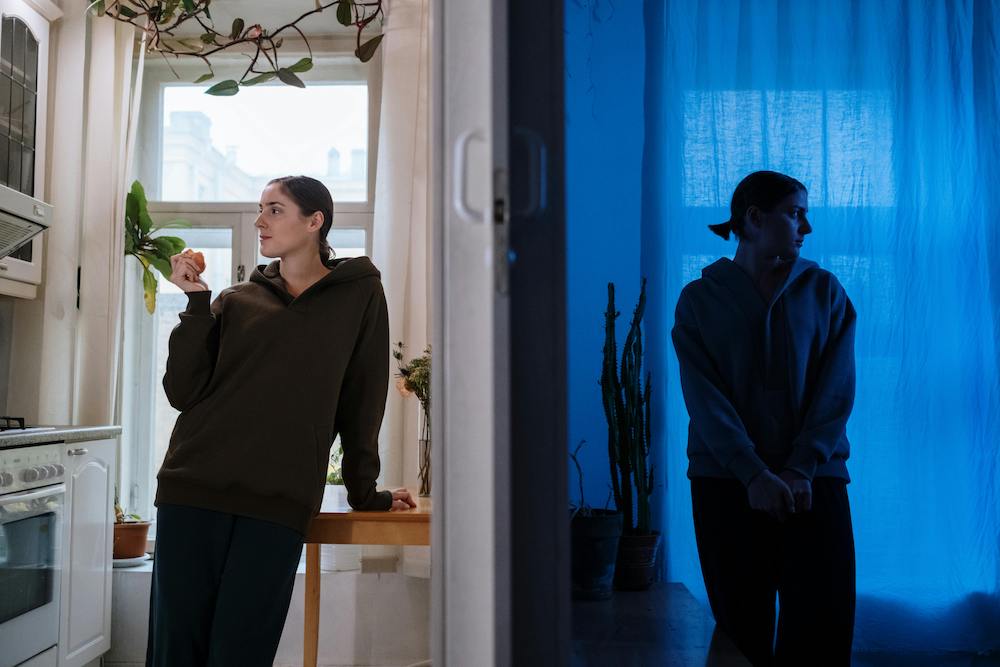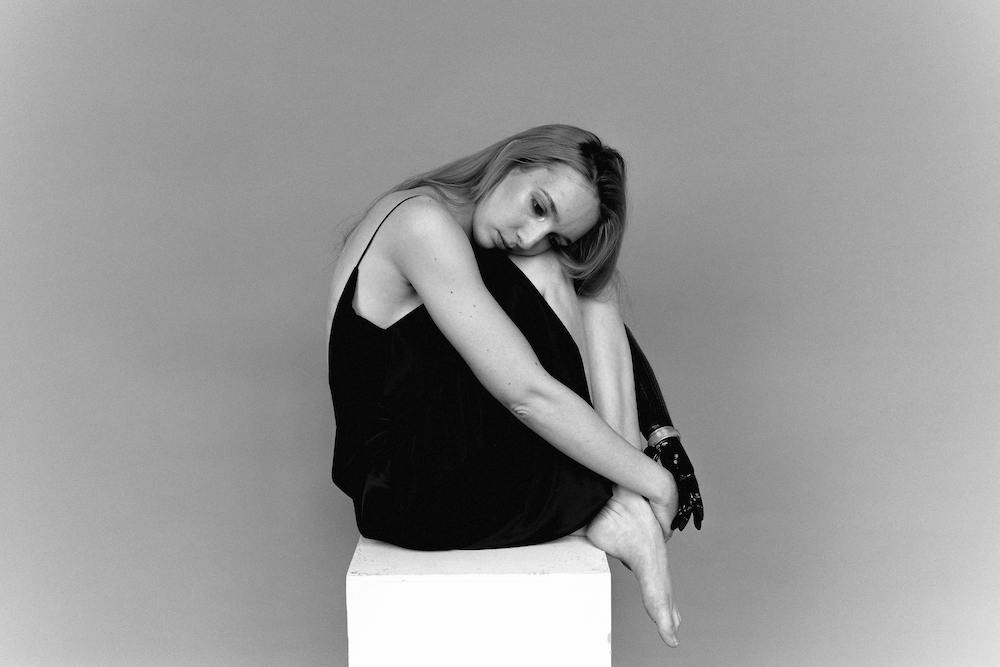baby blues Tag
13 May Is it Postpartum Depression or the Baby Blues?
Feeling down after giving birth? The hormonal fluctuations after giving birth can be a crazy ride because of the rapid drop in estrogen and progesterone that supported your pregnancy. Now that your baby is born, the high levels of these hormones are no longer needed. This phenomenon can lead to the Baby Blues, which affects 85% of postpartum women.²04 Oct Postpartum Depression: What you Need to Know
Depression during pregnancy and postpartum is the most common mental health condition Being pregnant and becoming a parent is often a time of joy and excitement. It can also be a time of worry and doubt, especially if this is your first time becoming a parent.5....





